
Indoor cycling is a popular form of physical activity that can be done every day. It’s excellent for the heart, legs, and lungs, as well as being low impact and pleasant on your joints. It’s an excellent tool for weight loss or maintenance since it burns calories while being low-impact and comfortable on your knees and back.
If you cycle an exercise bike frequently, you’ll be able to go for longer periods of time as your stamina improves. Cycling is a difficult yet necessary workout for fitness and health. The more you understand your projected journey time of 20 kilometers, the better you can plan your day’s training. Furthermore, if you have an idea on how long it will take you to cycle 20 kilometers, you can better monitor your progress and set achievable goals.
Table of Contents
What is the Average Time to Cycle 20km on a Exercise Bike?
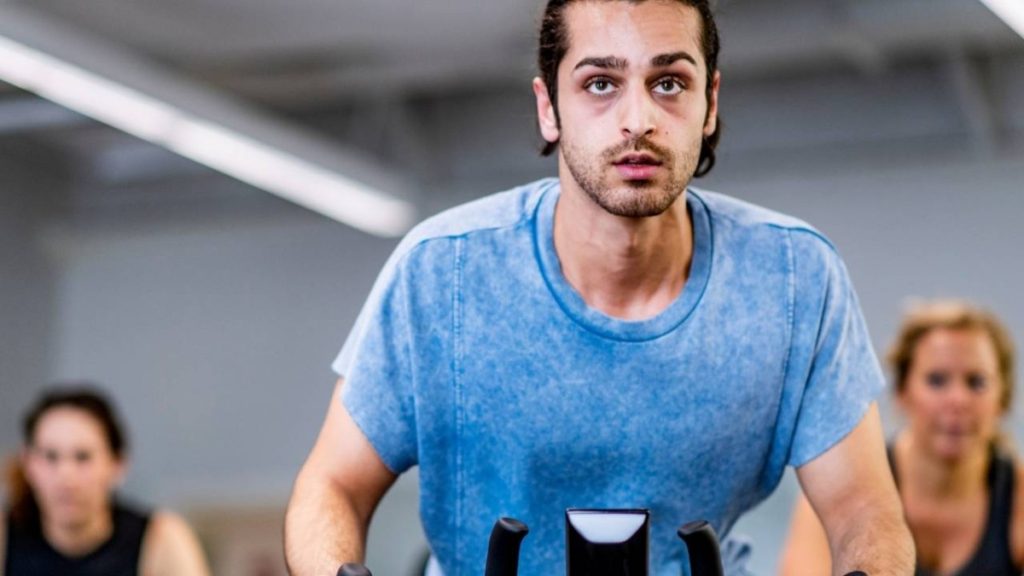
According to bike manufacturers, it takes an average person with a reasonable level of fitness 48-70 minutes to complete 20 kilometers on an exercise bike. For instance, a 30-35 year old can anticipate a 20km cycling time of 50 minutes. The time will vary depending on your intensity levels, diet consumption, gender, and how often you cycle an exercise bike.
While there are many variables that can affect your 20km cycling time, the average person can expect to complete the distance in around an hour. This timeframe can be shortened or lengthened based on how much you cycle, your fitness level, and other factors.
If you’re looking to improve your 20km cycling time, consider hiring a personal trainer, following a structured training plan, and/or investing in a higher-quality exercise bike. With dedication and hard work, you can reach your goals and enjoy the benefits of regular indoor cycling!
A recreational cyclist should be able to cycle 20 kilometers in around 50 minutes at a pace of 16-20 kilometers per hour (10-12 miles per hour). A person may easily finish the ride in less than an hour if they train regularly and make significant efforts to enhance their fitness levels and endurance.
It’s critical to complete 20 kilometers in the set time period on an exercise bike for your health and time management. Continue reading to learn more about the benefits of cycling, particularly on an exercise bike, on your shape and well-being!

Average Time to Cycle 20km on a Exercise Bike For Males
On average, it takes a male between 48 minutes and 58 minutes to cycle 20km. However, it depends on their age, weight and overall fitness levels. For instance, a male that is aged between 25-29 can expect a 20km cycling time of 48 minutes. For a male that is aged 40-44 can expect around 51 minutes.
| Age | Average Time To Cycle 20km in Minutes (Males) |
| 15-19 | 49.00 |
| 20-24 | 48.00 |
| 25-29 | 48.40 |
| 30-34 | 49.10 |
| 35-39 | 50.00 |
| 40-44 | 51.00 |
| 45-49 | 53.00 |
| 50-54 | 53.20 |
| 55-59 | 56.00 |
| 60-65 | 58.20 |

Average Time to Cycle 20km Females
On average, it takes a female between 58 minutes and 70 minutes to cycle 20km. However, it depends on their age, weight and overall fitness levels. For instance, a female that is aged between 30-34 can expect a 20km cycle time of 60 minutes. For a female that is aged 45-50 can expect around 62 minutes.
| Age | Average Time To Cycle 20km in Minutes (Females) |
| 15-19 | 62.00 |
| 20-24 | 58.00 |
| 25-29 | 60.00 |
| 30-34 | 60.40 |
| 35-39 | 61.00 |
| 40-44 | 61.30 |
| 45-49 | 62.20 |
| 50-54 | 68.40 |
| 55-59 | 69.00 |
| 60-65 | 70.00 |
Other Helpful Exercise Bike Articles You Might Like
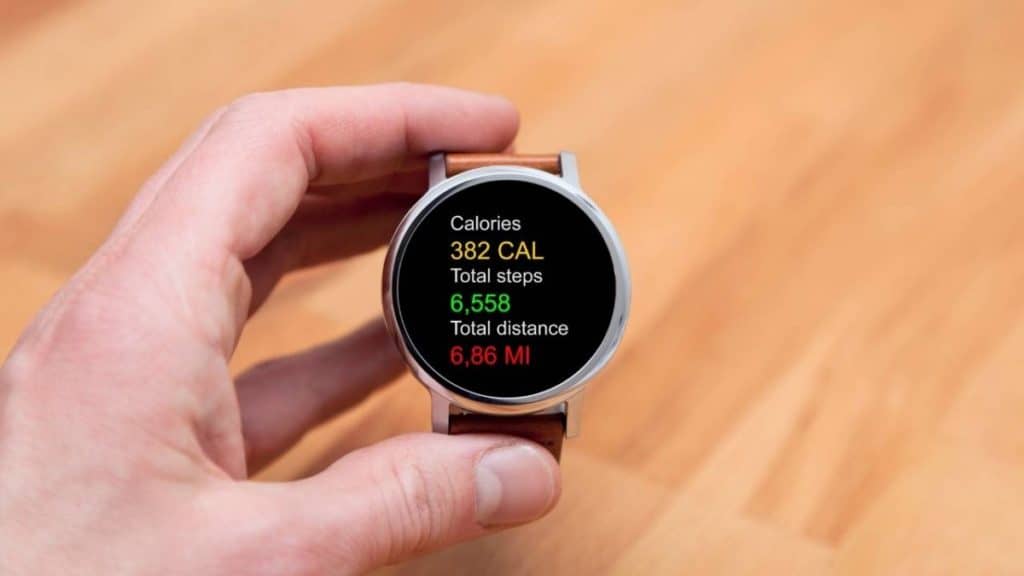
How Many Calories Will You Burn Cycling 20km on an Exercise Bike?
On average, if you cycle 20km at a moderate pace at a speed of 19kph-30kph, you can expect to burn around 650 calories. The number of calories you burn cycling 20km will depend on your weight, gender and pace. A person who weighs 190 pounds and bikes 20km in 60 minutes will burn about 680 calories. A person who weighs 240 pounds and cycles 20km in 55 minutes will burn about 800 calories.
| Weight (pounds) | Calories Burned for cycling 20km |
| 160 | 580 |
| 170 | 620 |
| 180 | 660 |
| 190 | 680 |
| 200 | 720 |
| 210 | 760 |
| 220 | 800 |
| 230 | 840 |
| 240 | 900 |
| 250 | 960 |
This number will, of course, differ from individual to individual as it depends on their weight and other physical factors. Nevertheless, 20km on an exercise bike will help you achieve your fitness goals and also help in weight management. Is 20km enough for weight loss? Read this post how many km to lose weight on an exercise bike.
Note: When using an exercise bike, people are likely to gain muscle mass instead of losing fat. When this happens, the weight on the scale does not change or drop significantly, as you might expect it to.
In such situations, going for a more vigorous workout and increasing time limits is not the answer. Rest assured, your weight is sweating away in the right direction; a little patience will help you see it.
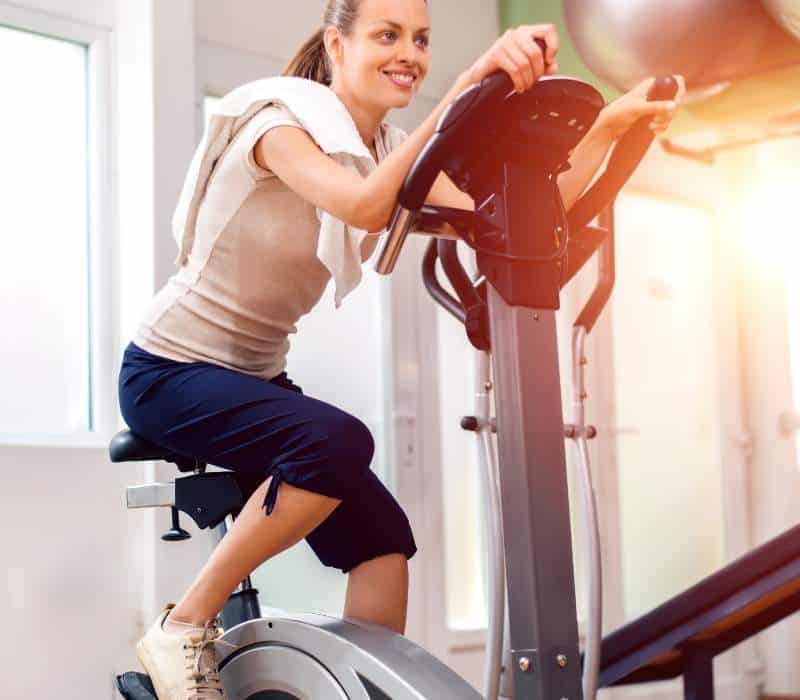
How Often Should I Cycle 20km on an Exercise Bike to Lose Weight?
In general, you can cycle 20km on an exercise bike every day, especially if you want to lose weight fast. If you cycle every day, you can expect to lose 1.5 pound go body fat each week. However, if you are a beginner, 2 or 3 session is recommended until your fitness improves.
When weight loss is your target, an exercise bike is a great way to get the job done. To ensure a healthy weight loss is promised, the following factors should be considered:
1. Frequency of Training
10 km on an exercise bike is one of the most efficient ways of getting rid of that unwanted weight. However, with this workout, you need to check the frequency with which you stay on the machine. This exercise should be done two to three times a week for a set amount of time. It is important to take a day off between the workouts as well.
Vigorous biking daily is not recommended as it will tire your body, burn out your willpower and not let your sore limbs recover. Small, vigorous doses with a break of 48 hours are the most promising way of utilizing an exercise bike.
2. The Type of Exercise Bike
Depending on your physical stature and the need for the workout, the following exercise bikes can be made use of:
• Dual Action Bike: Has movable arms along with the pedals. Allows heart rate to elevate quickly as your upper body is involved and your lower. The best bike on the list for losing weight. Here’s my favourite dual action exercise bike.
• Upright Bike: Similar to a Dual Action bike but is better for a regular workout than intense weight loss. The arm handles of this bike do not move, hence utilizing energy only from the lower portion of the body. Here’s my favourite upright exercise bike.
• Recumbent Bikes: Useful for times of medical recovery as they cater to pains in the back and the lower body. They are useful for low-intensity workouts and help keep one fresh and active within safe limits, with less pressure on the knees and joints. My favourite recumbent exercise bike.
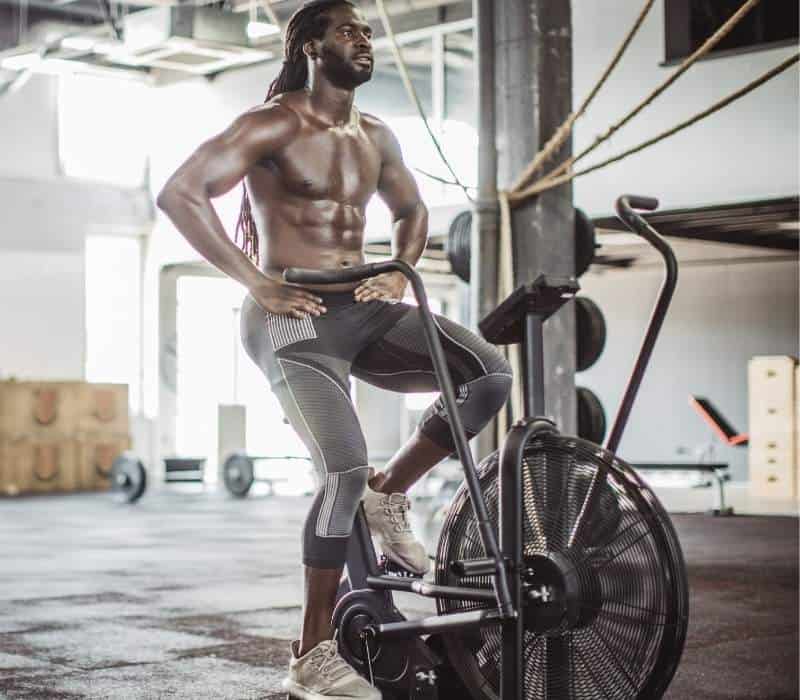
3. Intensity and Duration
When the aim is to lose weight, there are some major methods to follow to get the job done.
• Short time, great intensity: This method uses one’s maximum potential in short periods, usually a few minutes. Equal rest and recovery intervals follow these before the next intensity period begins.
• Longer time, less intensity: This method uses slower speed and lesser exertion for longer periods. They make use of short resting periods and more time on the machine.
Note: While both methods promise to give results as desired, the one you opt for should depend on your ability to exert without causing any damage to your body. A general aim should be to indulge in around 2 ½ hours each week divided over two to three days.
• Intensity: HIIT Training: High-Intensity Interval Training: Give maximum intensity for short periods (e.g., a minute) and slow down to let your body relax; repeat these short bursts followed by a minute to recover for 20 minutes. 70% input in short bursts of energy is involved in this method. HIIT method is known as the most effective way of losing weight.
4. Nutrition and Supplements
While working out to lose weight, keep in mind the importance of balancing physical exertion with the right input. A healthy lifestyle with adequate, nutritious food is vital to get the maximum benefits of the energy and dedication you put into your exercise.
While carbs are known to be the enemy in one’s weight loss battle, it is important to know when to let them in. On the day of the intense workout, use carbs in your food since your body needs them and will burn them away anyways. On the days you lag or are on a break, stick to a strict diet of no carbs and maximum protein and healthy fats to let your body heal and recover the right way.
- Good carbs: Pasta, bread, porridge, rice, etc.
- Healthy fats and protein: Nuts, salmon, avocado, red meat, etc.
Post-exercise recovery shakes and meals replacements are a must to refuel your body and help it lose weight in the long term. Most recovery shakes have the perfect ratio of carbohydrates, protein and fats. It’s easy to consume and recover your muscles immediately.
Here’s my favourites all-in-one post-recovery shake, Amazon link.
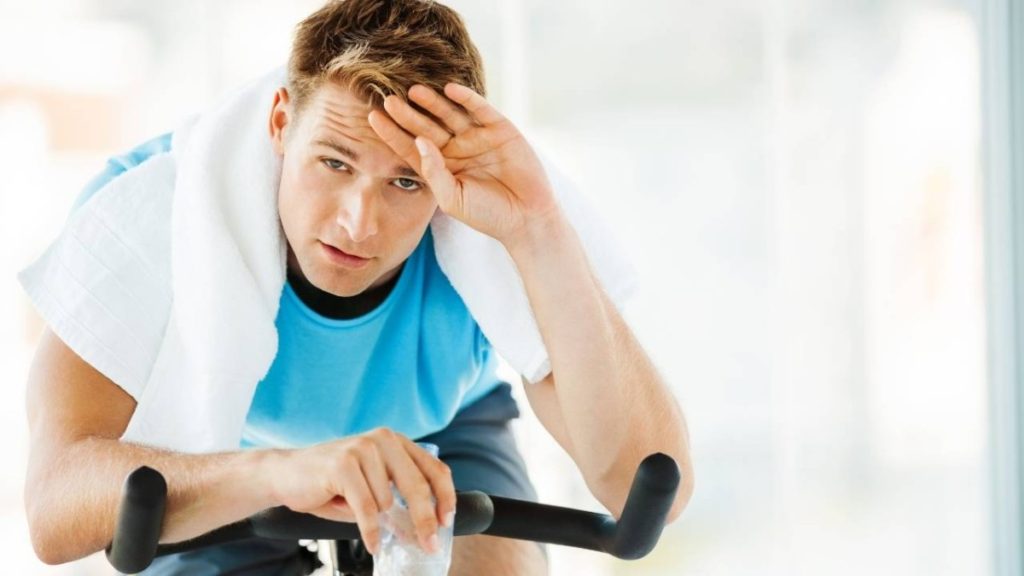
Is 20km on an Exercise Bike Good?
In terms of weight loss, a 20km is an ideal workout for both health maintenance and weight loss. While some may object to using a cardio bike not being a natural training method, it is important to note that some method to keep physical health in check is much better than having nothing done.
With regular workouts with a given distance and duration, your legs are stronger and resistant to wearing situations. A pump in your leg muscles will be significant over time, and your speed and stamina will also improve. Best added to this routine are tasks such as hiking and games such as soccer or football that will help challenge you more and add to your fitness.
The most notable part of an exercise bike is the comfort of attaining your goal, be it 20km or more, in a way that suits you regardless of the external time of the day. Once the routine is set; you will not have to compromise it because of your job or any other activity that takes up time!
